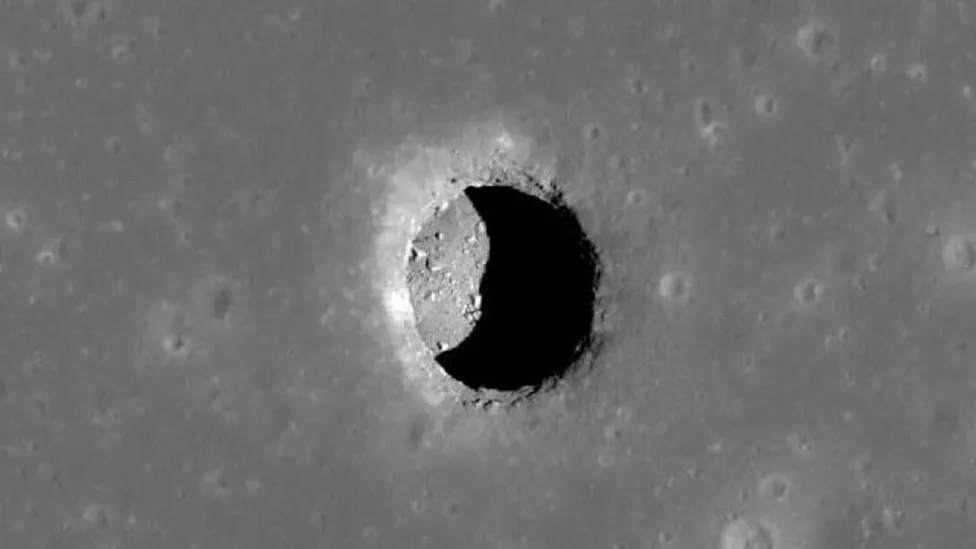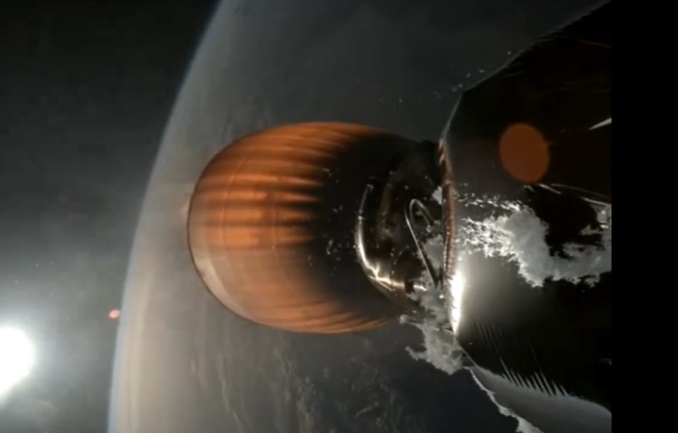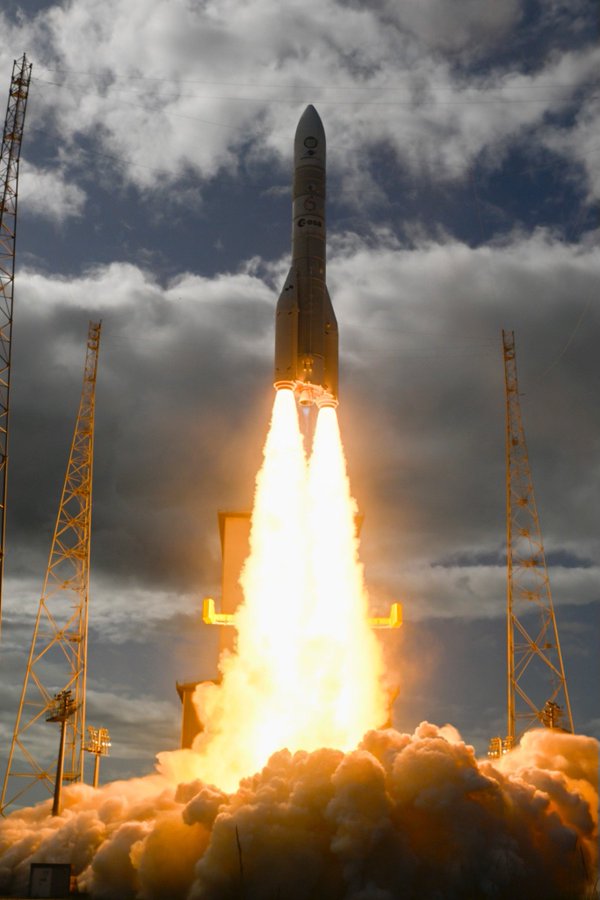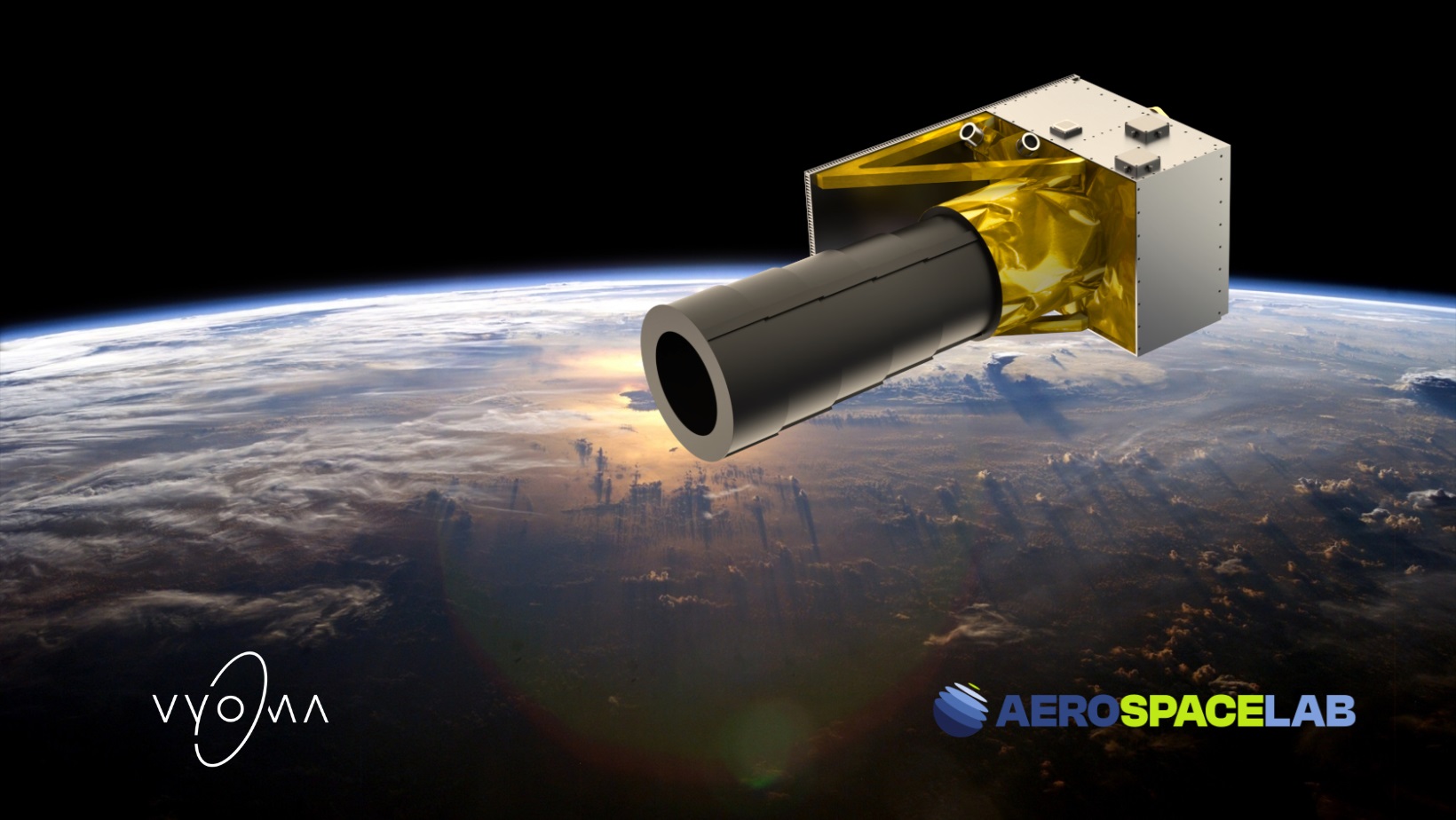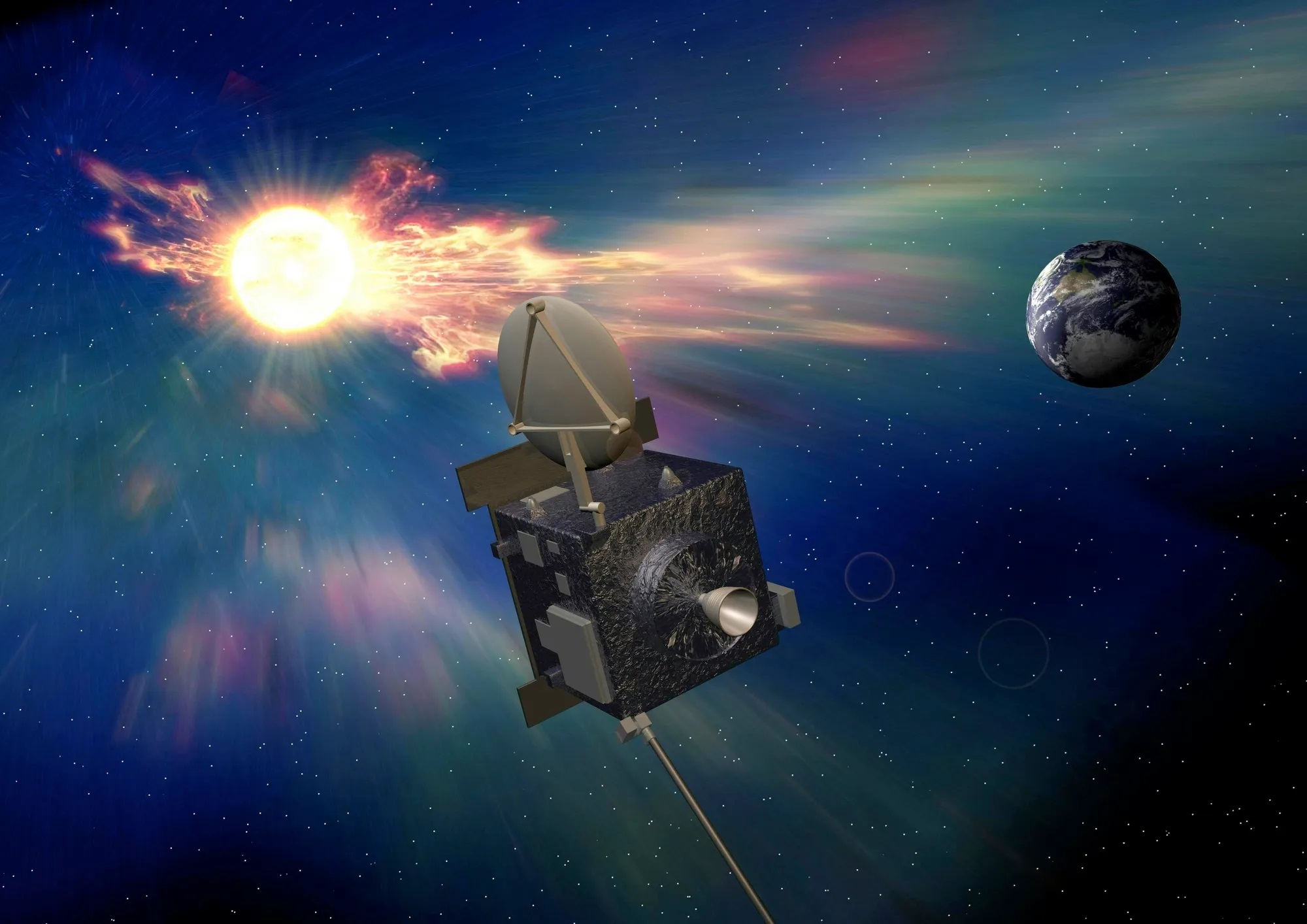Antrix, the commercial launch provider arm of ISRO, has received an order for a PSLV launch vehicle for the launch of two PlanetiQ weather satellites which use the atmospheric occultation of GPS radio signals to make weather analysis. The two 10kg weather satellites will be flown on a single PSLV (presumably as part of a shared launch) sometime during the fourth quarter of 2016 with a further ten satellites in the constellation flying on other launches in 2017. Once the full series of satellites is complete then the constellation is expected to make 34,000 occultation observations per day. The constellation of 12 satellites will be owned and operated by PlanetiQ, a firm based in Boulder, Colorado, USA. In June, the firm ordered the satellites’ construction from the Boulder, Colorado located firm Blue Canyon Technologies. Each satellite carries the Pyxys-RO sensor which can measure how the atmosphere bends GPS signals in the occultation process, analysis of which gives measurements of temperature, pressure, and water vapour. It can also measure electron density in the atmosphere.
The company claims that each occultation is a vertical profile of atmospheric data with very high vertical resolution, comprised of measurements less than every 200 meters from the Earth’s surface up into the ionosphere. The data is similar to that collected by weather balloons, but more accurate, more frequent and on a global scale.
ISRO’s PSLV is among the world’s most reliable launch vehicles with 30 consecutive successful flights. The PSLV has launched 51 satellites for international customers from 20 countries, in addition to 33 Indian national satellites.
“

